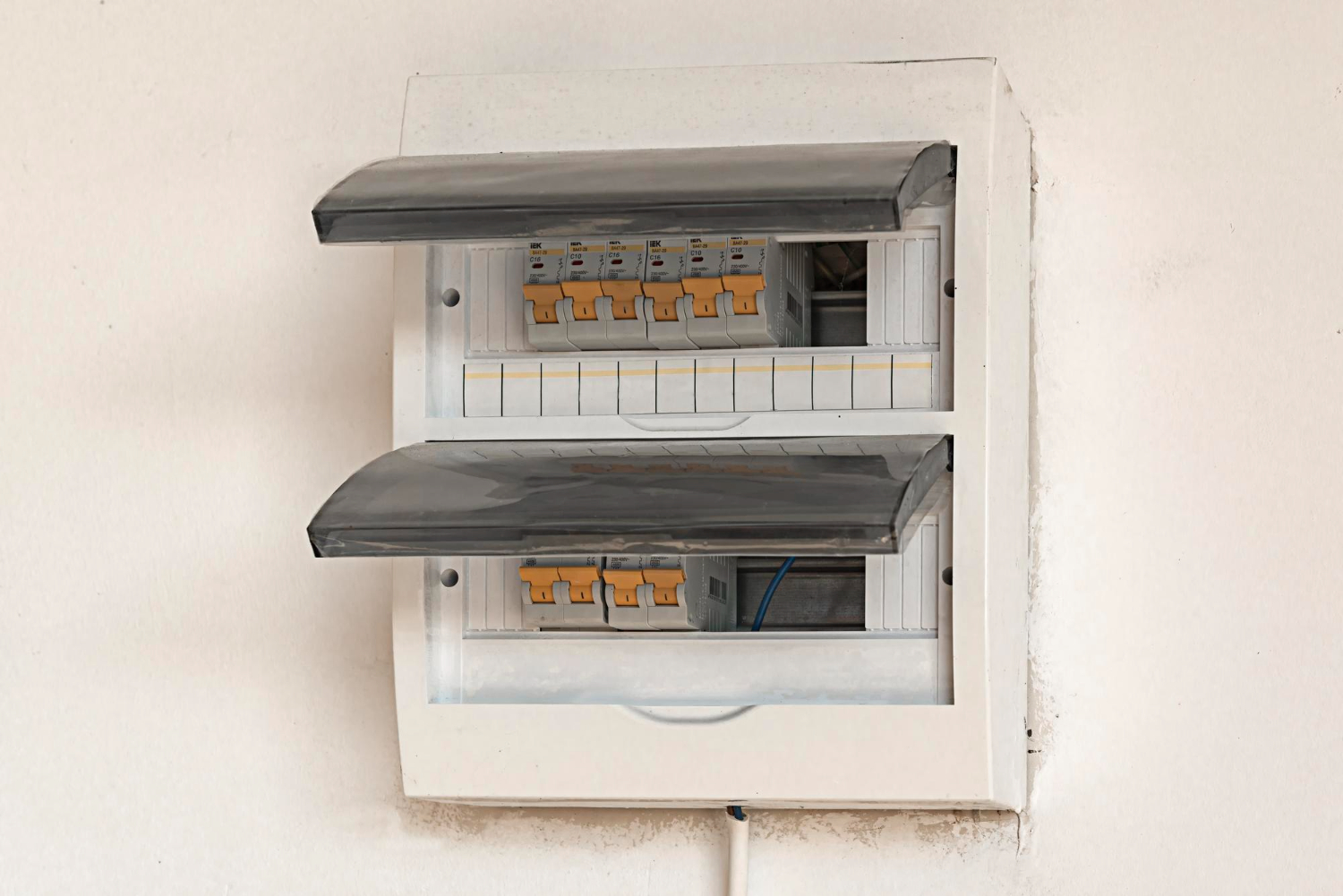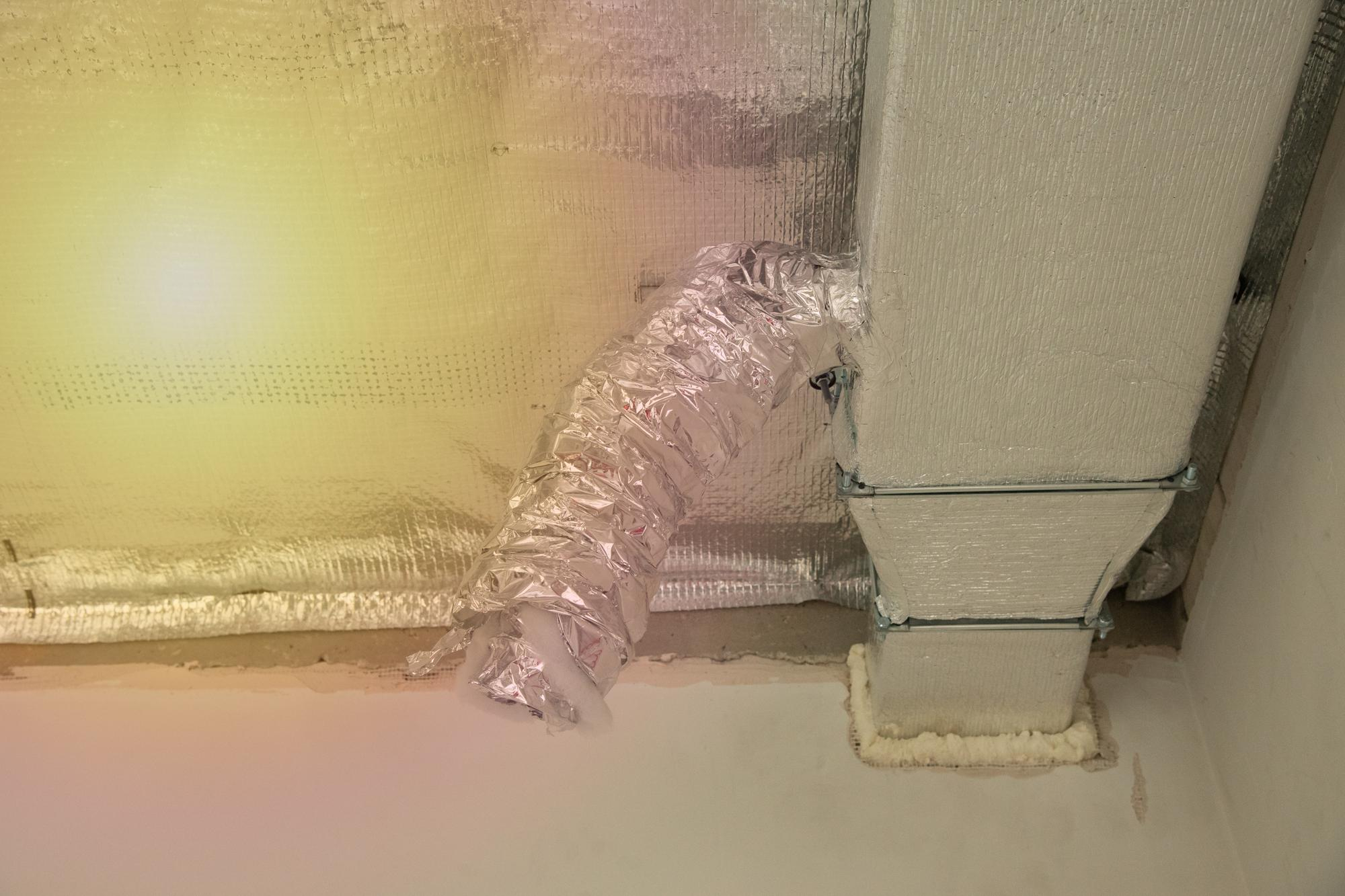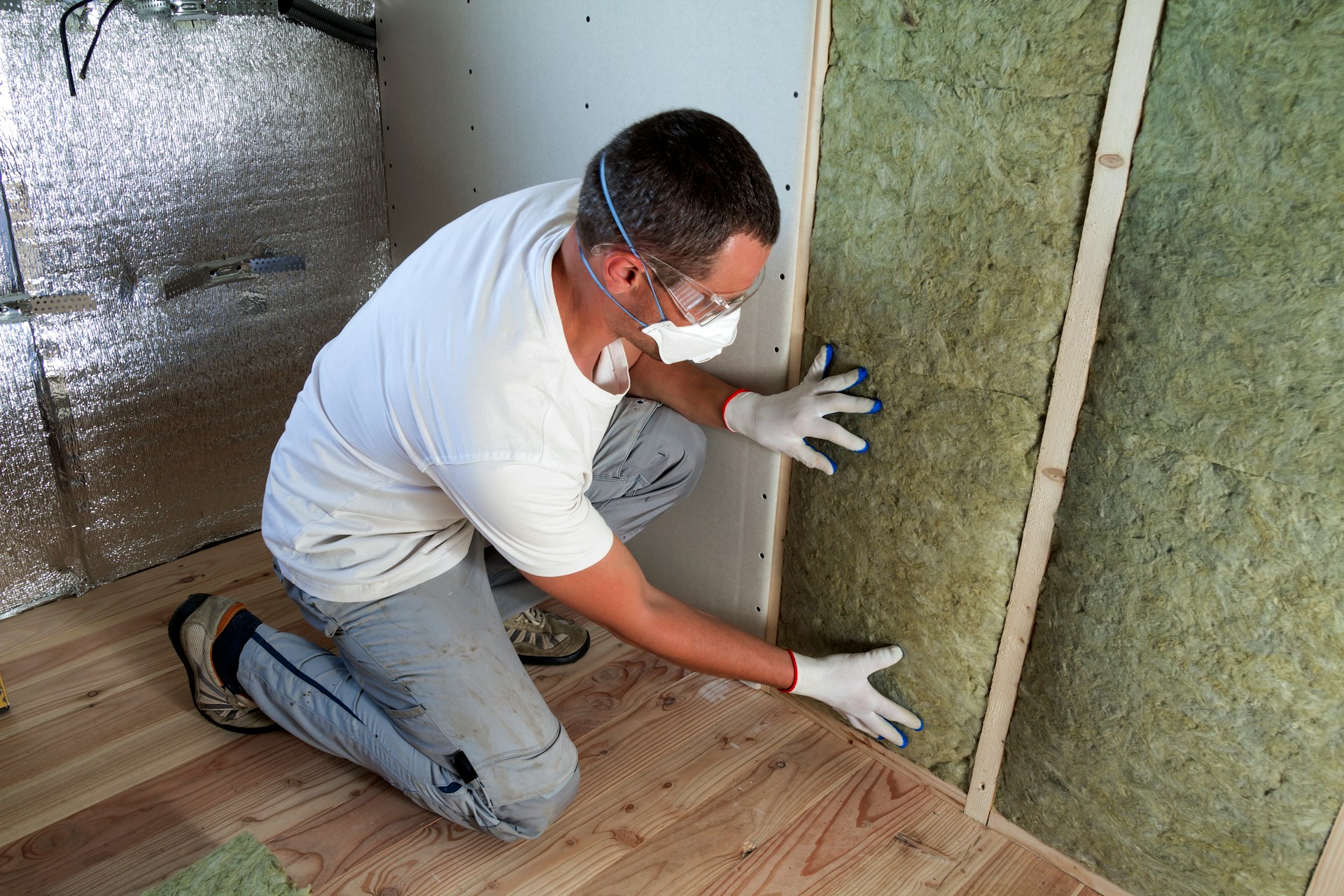The growing demand for sustainable and energy-efficient home heating solutions has led many homeowners to consider alternatives to traditional heating systems. One such solution is the geothermal heat pump, an innovative technology that leverages the Earth’s stable underground temperatures to heat and cool homes. Understanding how these systems work and their benefits can help you make an informed decision about whether a geothermal heat pump is right for your home.
How Geothermal Heat Pumps Work
Understanding the mechanics of geothermal heat pumps can help you appreciate their efficiency and sustainability. A geothermal heat pump operates by transferring heat between your home and the ground, using the Earth’s stable underground temperatures to maintain comfortable indoor conditions.
The system consists of three main components: the ground loop, the heat pump unit, and the distribution system. The ground loop is a series of pipes buried underground, either in a horizontal or vertical configuration. These pipes circulate a mixture of water and antifreeze, absorbing the Earth’s natural heat during the winter and dissipating heat back into the ground during the summer.
The heat pump unit is installed inside your home and acts as the intermediary between the ground loop and your home’s distribution system. During the winter, the heat pump extracts heat from the ground loop and transfers it into your home. In the summer, the process reverses—excess heat from your home is transferred into the ground, providing efficient cooling.
A crucial aspect of geothermal heat pumps is the distribution system, which can be a forced-air system, radiant floor heating, or a combination of both. This system ensures that the heat or cooling generated by the heat pump is evenly distributed throughout your home, maintaining a comfortable indoor environment year-round.
Benefits of Geothermal Heat Pumps in Home Heating
Investing in a geothermal heat pump in Glen Rose, TX, offers numerous advantages that contribute to a more sustainable and efficient home heating solution. Here are several key benefits:
- Energy Efficiency: Geothermal heat pumps are among the most energy-efficient heating systems available. By leveraging the stable temperatures below the Earth’s surface, they consume less energy compared to conventional systems, resulting in lower utility bills.
- Environmental Impact: Geothermal systems produce fewer greenhouse gases and rely less on fossil fuels, making them an environmentally friendly choice. Reducing your home’s carbon footprint contributes to a healthier planet.
- Lower Operating Costs: Although the initial installation cost of a geothermal heat pump can be higher than traditional systems, the long-term savings on energy bills and maintenance costs can offset the upfront investment. Over time, homeowners can expect significant cost savings.
- Consistency and Comfort: Geothermal heat pumps provide consistent heating and cooling due to the stable underground temperatures they utilize. This leads to fewer temperature fluctuations and a more comfortable indoor environment.
- Quiet Operation: Unlike conventional heating systems, which can be noisy, geothermal heat pumps operate quietly. This ensures a peaceful home environment without the disruption of loud motors or fans.
- Longevity: Geothermal systems have a long lifespan. The ground loop can last many decades, and the heat pump unit itself has a considerable service life when properly maintained.
Choosing a geothermal heat pump for your home heating needs can provide numerous benefits, making it a worthwhile investment for long-term comfort and sustainability.
Comparing Geothermal Heat Pumps to Traditional Heating Systems
When deciding on a heating system for your home, it’s important to compare geothermal heat pumps with traditional heating systems like furnaces and boilers. Here are several key differences:
- Efficiency: Geothermal heat pumps are much more energy-efficient than traditional heating systems. While furnaces and boilers burn fuel to generate heat, geothermal systems use the Earth’s natural heat, which requires less energy and leads to substantial cost savings over time.
- Environmental Impact: Traditional heating systems often rely on fossil fuels, which contribute to greenhouse gas emissions. In contrast, geothermal heat pumps have a much lower environmental impact because they use renewable energy from the ground.
- Operating Costs: Although geothermal heat pumps have a higher upfront installation cost, their operating costs are significantly lower. Traditional systems may cost less initially but tend to have higher energy bills and maintenance expenses.
- Reliability and Maintenance: Geothermal heat pumps are known for their durability and low maintenance requirements. Traditional systems often need more frequent repairs and may have shorter lifespans.
- Installation Complexity: Installing a geothermal heat pump is more complex and requires specialized knowledge and equipment. This can increase the initial installation time and cost, but the benefits often outweigh these initial challenges.
Choosing between a geothermal heat pump and a traditional heating system depends on various factors like budget, environmental concerns, and long-term savings. Understanding these differences can help you make an informed decision.
Installation and Maintenance of Geothermal Heat Pumps
Proper installation and maintenance are crucial for the efficient operation and longevity of a geothermal heat pump. Here’s what you need to know:
- Professional Installation: Due to the complexity of geothermal systems, professional installation is essential. Our technicians are trained to handle the detailed process of installing the ground loop, the heat pump unit, and the distribution system. Proper installation ensures the system operates efficiently and meets all safety standards.
- Ground Loop Installation: The ground loop is a critical component and can be installed in various configurations, such as horizontal, vertical, or pond/lake loops. The choice of configuration depends on the available space and ground conditions. Our professionals evaluate these factors to determine the most suitable installation method for your property.
- System Testing and Calibration: After installation, thorough testing and calibration are necessary. Our professionals check for leaks, ensure proper fluid flow in the ground loop, and verify that the heat pump unit operates correctly. This step prevents future issues and optimizes performance.
- Regular Maintenance: Geothermal heat pumps require minimal maintenance, but regular check-ups are essential for long-term efficiency. Maintenance tasks include cleaning filters, inspecting and flushing the ground loop, checking refrigerant levels, and ensuring all components are functioning correctly. Our technicians provide comprehensive maintenance services to keep your system running smoothly.
By ensuring professional installation and regular maintenance, you can maximize the benefits of your geothermal heat pump and enjoy reliable, efficient heating for many years.
Conclusion
Geothermal heat pumps offer a sustainable and efficient solution for home heating, leveraging the Earth’s stable underground temperatures to provide consistent comfort. Understanding their operation, benefits, and how they compare to traditional heating systems helps in making an informed choice. Although the initial installation cost is higher, the long-term savings, reduced environmental impact, and lower maintenance needs make geothermal heat pumps an attractive option for many homeowners.
If you’re considering a geothermal heat pump for your home, professional installation and regular maintenance are vital. At Daffan Cooling & Heating, our team of experts is ready to assist you with every step, from selecting the right system to ensuring it runs efficiently for years to come. Contact us today to learn more about how a geothermal heat pump in Glen Rose, TX, can transform your home heating system.









